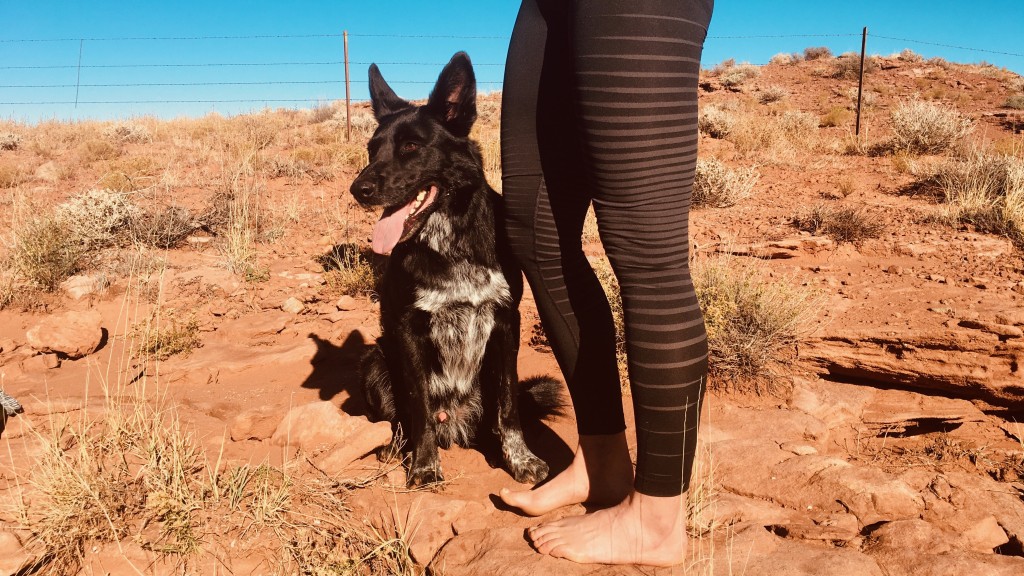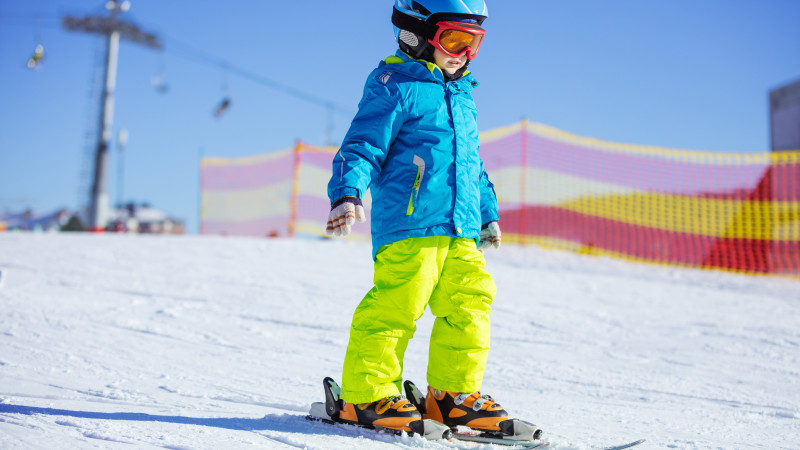
You can learn to ski in one day. But it will take you many more days of steady riding before your skill level increases. This is a difficult thing to do and requires some patience and hard work, but if you can stick it out and keep trying, the end result will be a good time and an excellent experience!
Do you have the ability to learn how to snowboard?
Although you can learn snowboarding by yourself, it's better to take professional lessons to master the basics. This will allow you to gain the confidence you need and help you improve your riding.
You can also determine how fast you learn to snowboard by how often you are able to access the slopes. Regular access to the slopes will make your progress much quicker than someone who is unable to go every week or must hire equipment each time.

You should start on a gentle slope, especially when you are learning how to snowboard. This will allow you to learn how the board works and help you stop quickly if necessary.
Once you have mastered the skill of traversing, it is time to learn how to make a turn! A great place to practice this is a small, flat runout on a gentle slope, like a green or blue run. As you are riding the slope, shift your weight over to your front foot and start to lean a little more over the edge of the board. The more you lean, the more you will slow down, and eventually bring yourself to a stop.
A good instructor will be able to give you tips on how to make sure that you are riding the right way, and they will also be able to correct any bad habits that you may have developed. You will need to take some time to master it. A qualified instructor is the best option.
Best snowboarding lessons
Start your snowboarding lessons on a gentle slope. You will be able to practice the basics and then move onto the more difficult runs. Most resorts will have designated areas for beginners (sometimes called "Zen Zones") where there are several slopes that you can safely ride.

These areas are a great place for beginners to begin their lessons. You will be surrounded with other beginners and will receive support. Once you have mastered the basics, you can go on to harder slopes where it is possible to learn how you turn and stop.
Lessons are an excellent way to learn snowboarding and they can be very affordable in many ski resorts. A great ski school will offer both private and group lessons in snowboarding.
FAQ
What documents should be kept handy while on the road?
Keep copies of important documents at home for easy access while on the road. It is a good idea to have a spare copy of your passport, driver’s permit, and any other official identification cards. You might also need to keep information about your credit cards in case you use an ATM machine.
A photocopy is always a good idea. This can be used to verify your identity, if necessary.
Do not forget to include copies and reservation confirmations. These will help to keep track of where you are going and what sights you're planning to see.
As well as this, you should keep a copy of your flight ticket and hotel reservation details. You will be able to reach someone back home if there is any trouble.
You should never leave valuables behind. Keep your valuables safe by storing them in a money belt or inside your luggage.
Ensure you check your baggage before leaving to avoid losing expensive items.
Keep in mind: It is safer to keep it simple than to plan everything.
Enjoy the ride and just relax.
Here are some things you should never forget about when traveling.
Traveling is a time when you are often faced with situations that require quick decisions. You should be ready to improvise.
Sometimes you might find yourself stuck for days, weeks or months. If you've planned ahead, you'll have food, water, shelter, and a place to sleep. However, if you don’t plan ahead, you might need to improvise.
These cases will likely require you to rely on the things you are most skilled at. It means you have to be able to quickly make decisions based upon your experience and instinct.
But there are times when you can't choose. You might find yourself in an area without cell service, out of gas or robbed. You will need to be flexible to any situation that presents itself.
The key to success is to stay calm, remain focused and act decisively. Don't panic. Instead, stay focused on what you have control of.
If you are lost in the woods, it is possible to choose which direction you should go. Or if you're hungry, you can eat berries or mushrooms. Rainwater or melting snow are good options if you're feeling thirsty.
If you are tired, you can take a break. If you're cold, you can bundle up. You can wear a sweater if it's cold. You'll feel happier if you remain positive, no matter what your decision.
What is the first thing you should do upon arriving at your travel destination
It is a good idea to have a plan for when you get to a destination. This helps you to know what to expect and where you should go next.
It is important to plan ahead so you don't forget anything.
For example, if you're going to be visiting a city for more than one day, you should research which museums, parks, and landmarks you'd like to visit.
A map of the area may be useful and you might want to read up on the history.
Statistics
- Between the ages of 11 and 13, kids, or tweens, will likely want some autonomy but also need boundaries. (travelandleisure.com)
- You can use compression sacs or cubes to reduce the volume of your clothes by up to 80%—this is especially convenient for bulky items such as sweaters and jackets. (eaglecreek.com)
- They're also likely to offer babysitting services, in case you'd like to have dinner one night after 7 p.m. (travelandleisure.com)
- Alcoholic beverages with 24% alcohol or less are not subject to limitations in checked bags. (tsa.gov)
- Case in point: the private island of Ilha Caldeira, less than seven miles off the coast as part of the Primeiras and Segundas Archipelago, is located within the marine-protected area with 20 percent of the country's intact living coral. (travelandleisure.com)
External Links
How To
How to plan your next vacation
Planning a trip requires many things, such as booking flights and hotels, car rentals, activities, and so on. This includes important considerations like budget, destination and weather forecast.
These are the things you should keep in mind as you plan your next vacation.
We have created a step to guide that will help you plan your next trip. Based on customer feedback and our own experience, this guide was created. This guide will help you plan your next vacation easily.
Steps:
-
Your Budget is an important step in planning your trip. Before you can start planning where and what you will do, you must first know how much you are willing to spend. If you don’t have sufficient money, you may have to cancel your travel plans.
-
Book Your Flights. After you have decided on your budget, book your tickets. Make sure you choose the best flight deal available at the lowest price. Make sure to check for special offers during peak seasons. These deals may save you money.
-
Your Destination - Now that you've booked your plane ticket, it's time to choose where you want. Multiple factors come into play when choosing your destination, including location (where you're going), climate (what season to visit), culture (how friendly people are), and cost (how affordable it is).
-
Find Accommodations. There are many accommodation options available, from inexpensive hostels to luxury suites. Your needs and preferences will determine the type of accommodation that you choose. If you're looking for an area close to downtown, a hotel may not be the right choice. A homestay might be a better option if you are looking for quieter places far from the crowds.
-
Select Activities & Attractions. After you have chosen your accommodation, now it's time to choose the activities and attractions that will be included in your itinerary. Depending on your length of stay, you may choose to add or remove activities.
-
You can now determine your schedule. To achieve maximum value from your trip, you should stick to a fixed schedule. You can still enjoy your trip if you are able to travel at your own pace.
-
Create an Itinerary - An itinerary is a list of all information related to your trip. You should list all the details, from flights to accommodation to activities to restaurants.
-
Research Online - Do your research online before you travel. Find out what other travelers have to say about different destinations by reading reviews and testimonials. This will help you plan.
-
Don't Overpack - This is one of the most common mistakes people make when packing. Do not bring more than three sets of clothes. You should bring clothing that suits the conditions.
-
Always be prepared Before you leave for your trip, make sure that everything is in order. You don't want to waste time searching for important documents while you're still in transit.